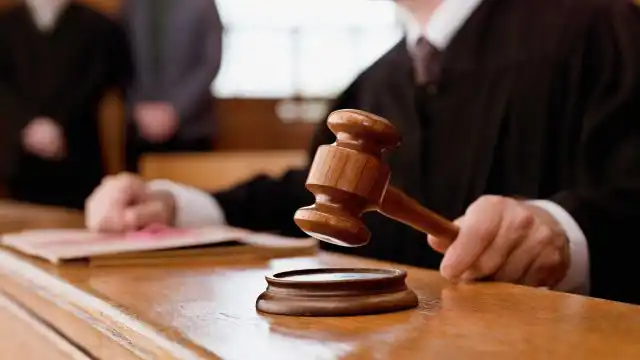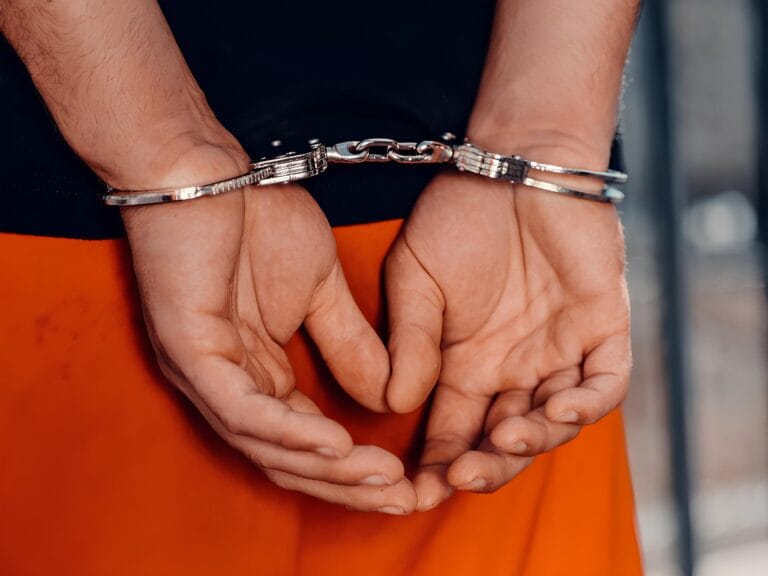
The Legal Mechanisms of Adjournment in Criminal Trials: Understanding the Reasons, Procedures, and Impact on Case Timelines
**Reasons for Adjournments**
Several factors can lead to the adjournment of a criminal trial. One such reason is due to the absence of important witnesses. If one critical witness cannot present themselves for being sick, restricted from traveling, or due to similar acceptable reasons, the court may order an adjournment to allow time for the presenting of the evidence made by the witness. Alternatively, a party may request adjournment if they need more time to collect evidence or to adequately prepare their case before the court. This means that both the prosecution and defense get a fair opportunity to present their arguments.
For any queries or to publish an article or post or advertisement on our platform, do call at +91 6377460764 or email us at contact@legalmaestros.com.
The usual steps to get an adjournment involve an oral application filed before the court in the trial proceedings. Oral application is filed accompanied by an explanatory note to detail why it seeks the granting of an adjournment. It is done especially if it presents complicated grounds which would warrant annexation with proof of facts that require substantiation.https://assets.publishing.service.gov.uk/media/57a9c983e5274a0f6c000006/HDQ1374.pdf
The discretion of the judge in the case may either grant or deny the request for adjournment. Among the factors are the length of the adjournment, reasons given, the stage of the trial, and the potential effect on the rights of the defendant and the interests of justice. For example, in *R v. Jones* [2002] UKHL 5, House of Lords pointed out the point of balance between the right to a fair trial and the necessity for avoiding undue delays and held that adjournments should be granted with care and cautioned against granting frivolous adjournments.
**Effects on Case Duration
While adjournments are essential in ensuring that a case is both fair and taken to its entirety, they have significant implications for the timeline of a criminal case. Frequent or prolonged adjournments will lead to the delay of administration of justice to victims, witnesses, and the accused. Prolonged delays may even lead to evidence loss, loss of memory, and increased cost for all parties involved.
**Conclusion**
Adjournments are an important part of the criminal justice system. They offer flexibility in handling cases where the court may have to accommodate unforseen situations, thereby allowing the parties a fair chance to present their case. However, this does not mean that the courts should make a lot of adjournments as it has to conduct its trials efficiently and within a reasonable period of time. The balance between the need for adjournments and the need for speedy trial is one which the judge must exercise with great discretion.
For a clearer picture of what reasons may call for court adjournments, take a look at this video below:







